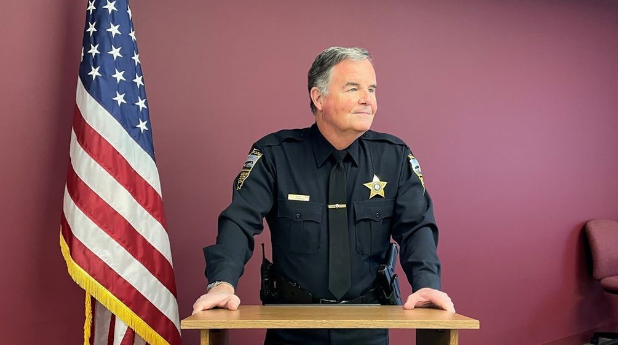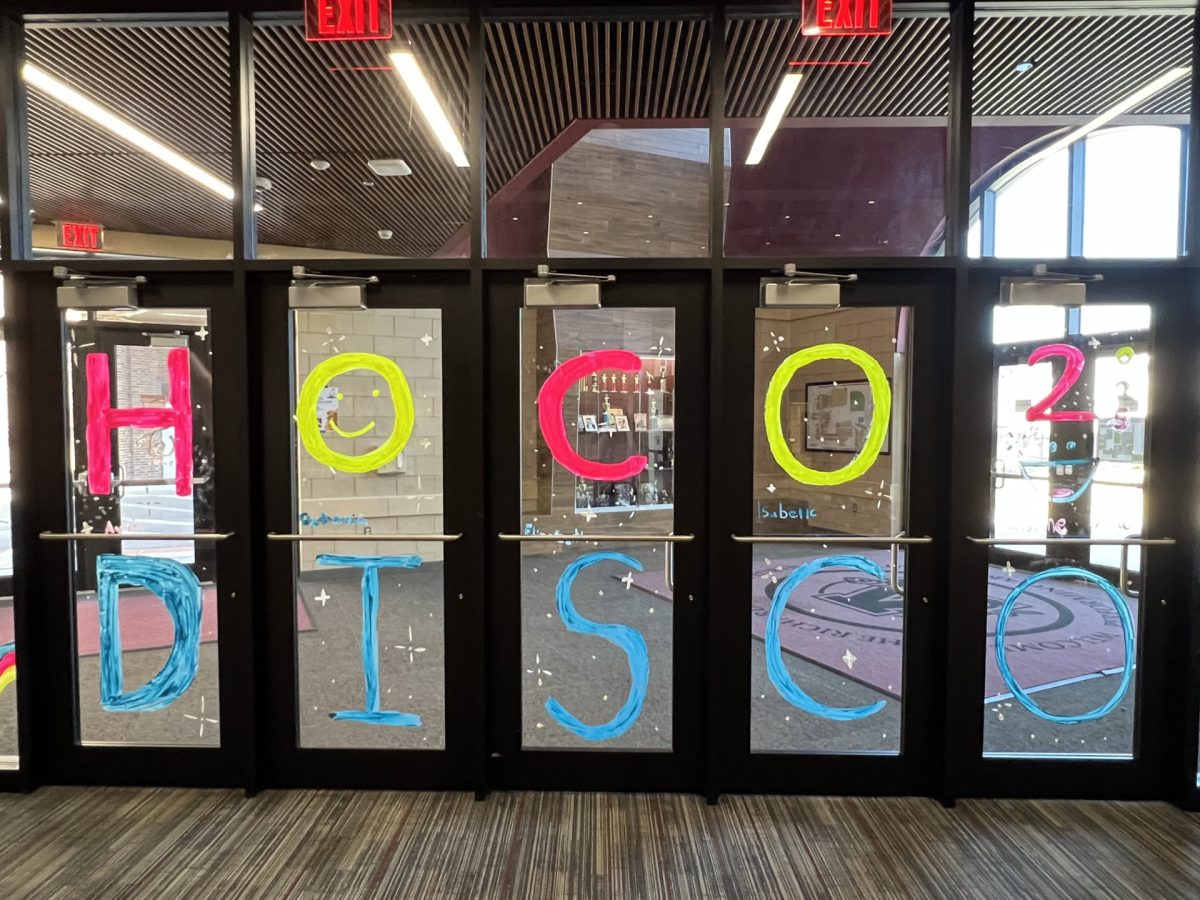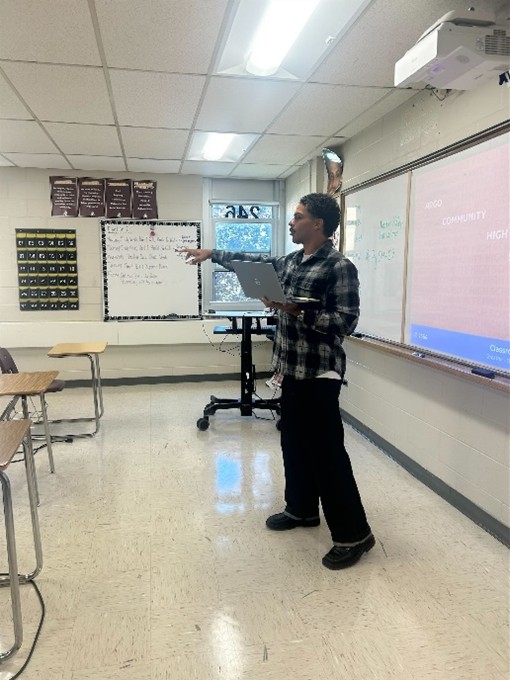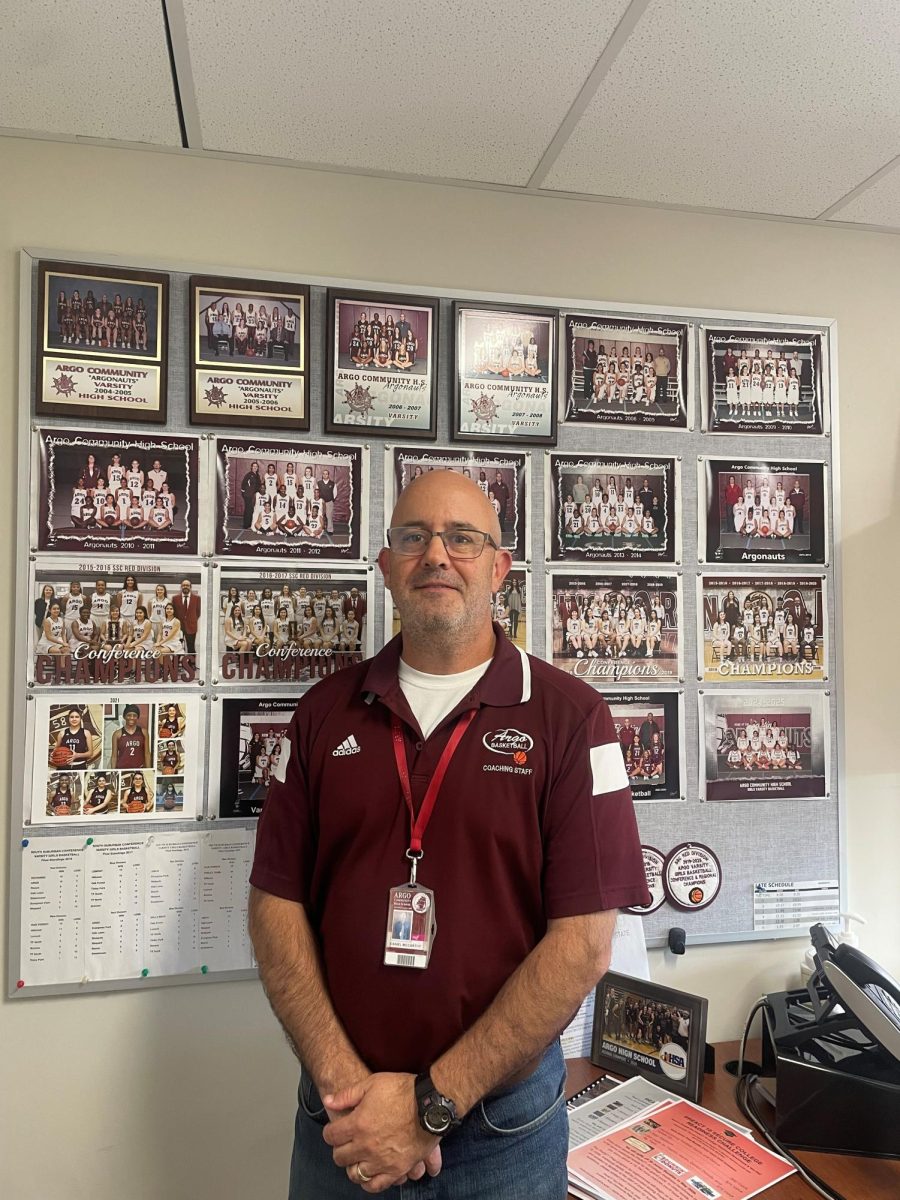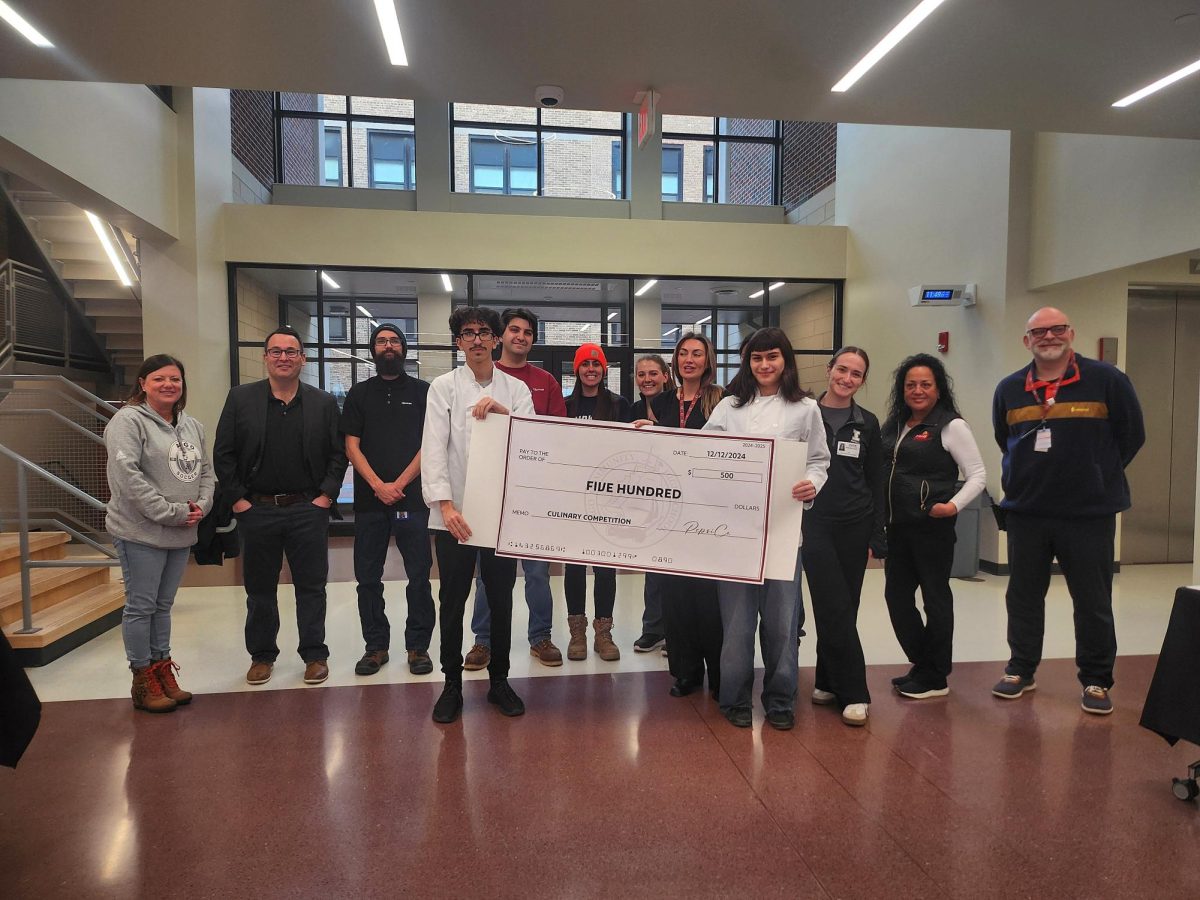Terry Lemming started his career as a trooper, but the longer he stayed in law enforcement the more people came to rely on him. Lemming never intended to go into law enforcement, but the Beecher community is lucky to have him.
Why did you choose to go into law enforcement?
Growing up, I never wanted to be a cop. When I was young, I didn’t particularly care for the police. I looked for a school that didn’t require a language and Western Illinois didn’t require one, so I went to Western, and they have a specialty in law enforcement. I started taking law enforcement classes and then graduated and said, “What am I going to do now?” I looked into being a cop, tested, and got a job. That’s how I became a cop.
If you didn’t want a degree in law enforcement, why would you choose that?
It just seemed to fit me well. Even though I didn’t get into it for the right reasons, it sure was the right thing to do. I can’t think of anything else that I would really enjoy more than this.
What positions have you held?
I’ve been a patrolman, sniper, trooper, drug investigator, an auto theft investigator, general criminal investigator, in Public Integrity Task Force, SWAT teams, auto theft Task Force, state police SWAT team, sergeant, master sergeant, lieutenant, captain, a major Lieutenant Colonel, trooper, and I was a special agent. I was also one of the first members of the Public Integrity Task Force. In the state police I did everything I ever wanted to do in law enforcement within the same place.
How did you end up becoming the chief?
I retired from the State Police and had to send three kids to college. I had 4 kids and three of them were in college at the same time. Unlike my family, I told my kids you’re all going to college no matter what. And somehow, they took that as I’m paying for everything too. I took tests and I got hired in Lockport. I was there for eight years.
What do you consider some of your greatest accomplishments as chief?
In Lockport we started a drug diversion initiative where drug addicts can come in off the street and we’ll get them treatment. And we did. We were able to help like 24 people. One of the most rewarding things I did was at the State Police. We have signs erected when a trooper dies in the line of duty and put a sign up for them where they died right down the highway.
What’s your day-to-day life like?
I have a schedule in my mind on what my day is going to be like, but then you come in and things that you did not anticipate happen. The chief doesn’t normally get involved in incidents on the street, but then I can, and I do, and I have to. But my day is not always planned by me. It’s planned by the circumstances that dictate my day for me. Generally, a chief’s job is really a lot of administrative things and dealing with elected officials dealing with town.
What would you say to anyone considering going into law enforcement or a forensic science career?
Just make sure that you know that your skills match what the job requires. Make sure you know more and make sure it’s what you want. When I first got the job, I was intimidated by all the processes and all the paperwork. I had a really good sergeant. He saw I was troubled, and he goes on “Oh, you’ll be fine. Everyone’s like you are.”
Do you have any additional comments?
Right now, police have been attacked by the national media. Anybody thinking about law enforcement but having second thoughts, I would say it’s still a great career and things are going to change. The pendulum will naturally swing back to most everybody liking the police again.


